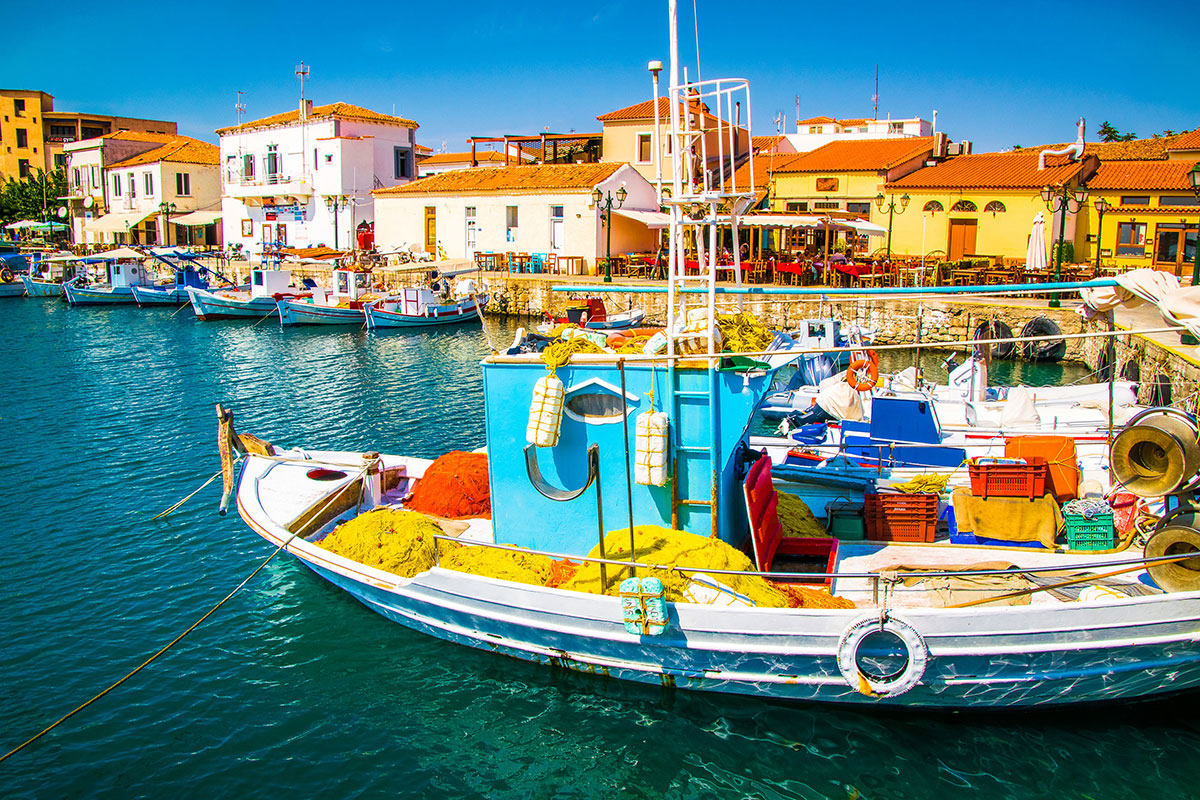The overall sustainability of the EU fisheries has improved and fewer stocks are overfished, according to a Commission Communication ‘Sustainable fishing in the EU: state of play and orientations for 2024'. At the same time, more efforts are necessary to ensure the resilience of fishing activities and continuous improvement of the fish stocks status. The Commission's Communication is based on independent scientific assessments.
Today's communication outlines the orientations for the Commission proposals for fishing opportunities for 2024 and starts a consultation process with interested actors. The proposals will aim to keep stocks that have reached sustainable levels already at those levels, and help other fish stocks recover.
Improvements in Northeast Atlantic, Mediterranean and Black Sea
The Communication shows that fish stocks in the Northeast Atlantic are generally within healthy ranges, with the latest assessment pointing to the best so far sustainability results. A particularly positive example is the Bay of Biscay, which in the latest assessment from 2021 became the first EU sea area with no stocks overfished. This proves the EU sustainable fisheries management decisions are paying off.
In the Mediterranean and the Black Seas, while stocks are slowly becoming healthier, fishing mortality continues to pose difficulties. The fishing mortality rate for 2020, the latest available data, is the lowest so far, but it is still 71% above the recommended sustainability rate. Additional efforts are therefore still required. Moreover, fishing communities are being affected by climate change, leading to uncertainties due to the declining availability of fish stocks they depend on for their livelihood. Illegal, unreported and unregulated (IUU) fishing also impacts the access of fishers to sufficient resources and further efforts are required to combat it, ensuring compliance with measures, including those involving third countries.
The situation in the Baltic remains challenging, as other pressures than fishing impact fish populations. The Commission will continue to take measures to address all the various pressures on fish stocks and help improving the state of the ecosystems in the Baltic Sea. Nevertheless, Member States should also continue their efforts to reverse this situation by fully implementing the EU legislation.
The Commission proposed a package of measures last February to improve the sustainability and resilience of the EU's fisheries and aquaculture sector and address many of those challenges including economic and environmental.
Finally, Russia's military aggression against Ukraine has had an impact on EU fisheries in several ways, especially in the Black Sea. It has led to ongoing disruptions of fishing activities and trade flows, had an impact on scientific advice and on certain negotiations at international level.
Source and learn more here


